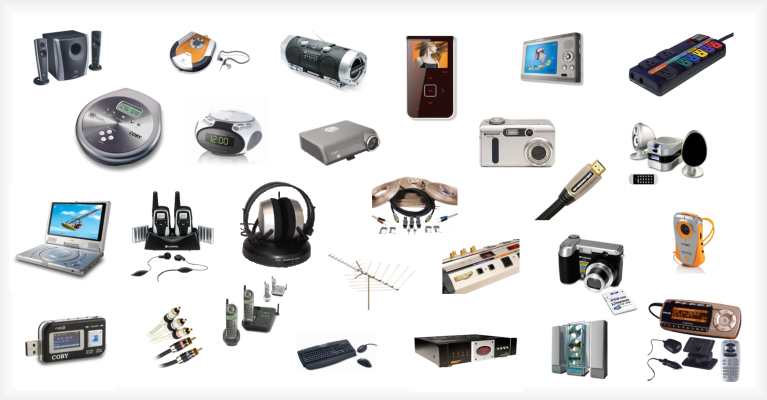 I know what you’re thinking: list season is way over. I already listened to the best albums of 2011, read the best books of 2001 and enthusiastically stumbled through the best drinks invented in 1898. I’m exhausted, too.
I know what you’re thinking: list season is way over. I already listened to the best albums of 2011, read the best books of 2001 and enthusiastically stumbled through the best drinks invented in 1898. I’m exhausted, too.
First off, let me explain. This is not a list based on science or statistics. I can’t refer you to a Harvard study that will validate the findings here. These are simply what I have determined based on anecdotal evidence have been the technologies that have steered our society in the deepest ways over the past decade. It is a list, and that means you can disagree. I have a feeling some people will attack the “mainstream” nature of these “innovations”, but no matter! This is the Internet! We can discuss things with civility, can’t we?
GPS
Arbiter of doom, or basic tool of the modern first world? When global positioning systems first hit the scene, they presented a solution to the age-old problem of people who just don’t know where they’re going. Qualcomm was instrumental in the large-scale implementation of GPS (a fact evident in their continued efforts toward fleet management. They are also responsible for GPS in mobile phones, something I personally use. Now you can find GPS devices everywhere that help poor saps like myself who never eat shredded wheat get where they’re trying to go. Some argue that the proliferation of GPS technology is destroying our natural sense of direction, and while I’ve certainly turned down some One-Ways at the suggestion of the old Droid phone, I’m sure that it will take a lot more than buggy GPS to correct.
Tablets
These devices came all the way out of left field before eventually warming our hearts with their pixel-dense screens. While tablets are still pretty niche devices, their popularity has altered the course for computer development. The focus moved from powerful desktops and laptops to lightweight, cloud-powered devices. The Kindle Fire brought the price of tablets down considerably and spearheaded a popular movement to get information off of devices and into the cloud. We can expect to see a lot more of this in the future.
eReaders
Ostensibly in the same boat as tablets, eReaders are more important to the way we consume print media than to tech trends. Sure, they were expensive to start, but falling prices have made eReaders very popular with a demographic that traditionally doesn’t engage with new tech: the middle aged and elderly. By jump-starting the desire for tech in that demographic, eReaders have opened up a whole new market to technology that did not previously exist. Similarly, eReaders have thoroughly shaken up the publishing market and forced the industry into a seismic shift that appears to have no end. Depending on whom you ask this has been both good and bad. Tech innovation is a necessity, but many beloved publishing and print media entities have failed to keep up, swallowed up by the murky waters of change.
DVR
If you still have cable, then you know that DVR is the only way to fly in the 21st century. On-demand networks cropped up as a way to deal with an audience that was more diffuse than it had ever been. DVR created a way for us to create our own programming by recording the shows we want and watching them when we pleased. DVR laid the ground work for the eventual state of personal programming – that is, what you want to watch, whenever you want to watch it – that we are quickly moving toward.
MP3 Players
Mobile media would not be where it is without the introduction of the iPod and the players it spawned. The media format cycle was completely disrupted by the proliferation of mp3s and led to the slow, groaning death of CDs. While CDs are still sold, iTunes, the sister software for the iconic iPod, basically runs the digital content world and showed companies like Amazon, Google and countless others that selling a file was much easier than selling a plastic disc.

